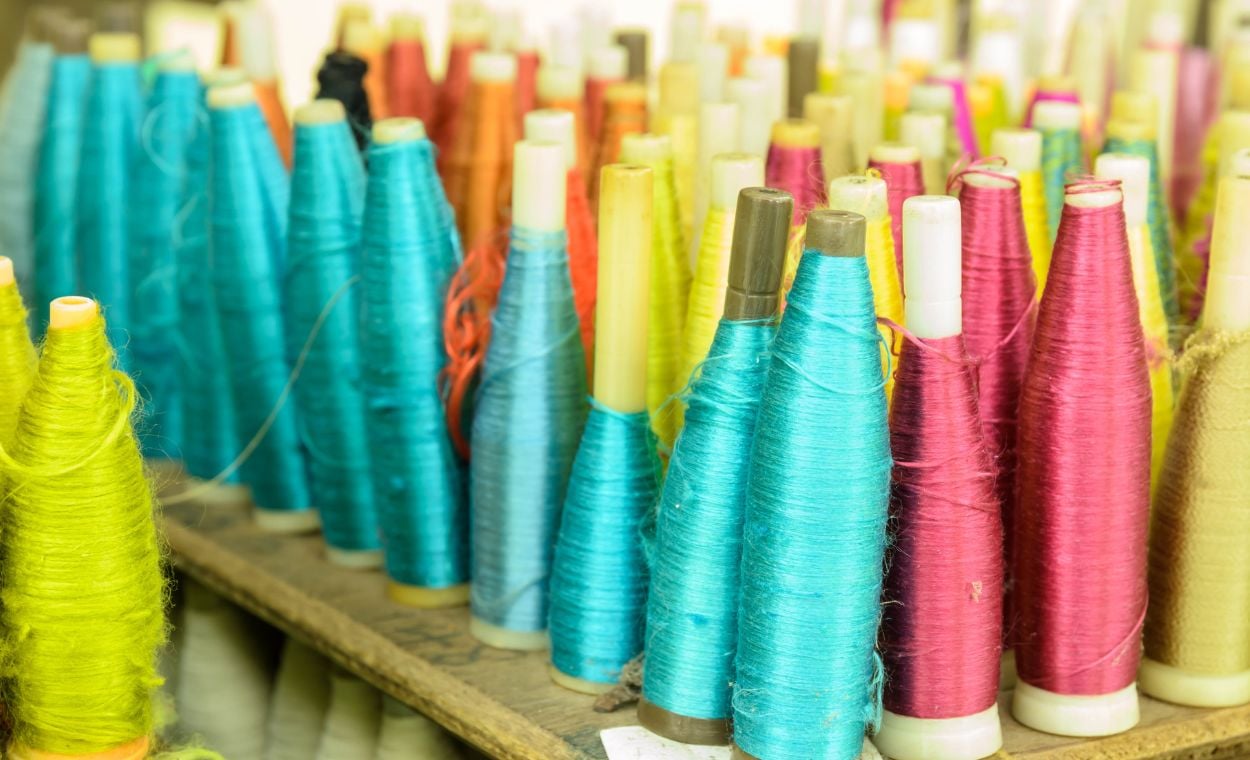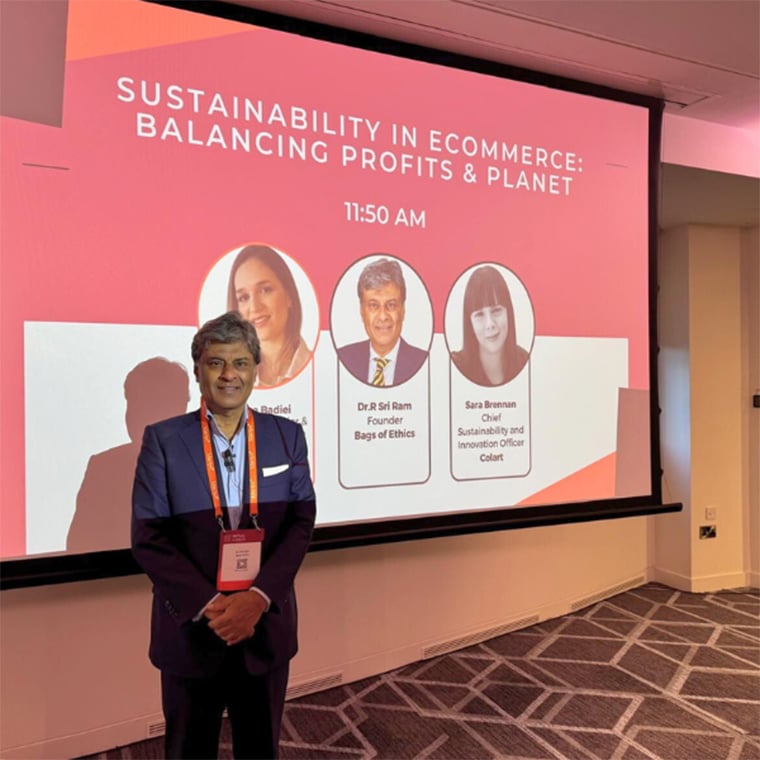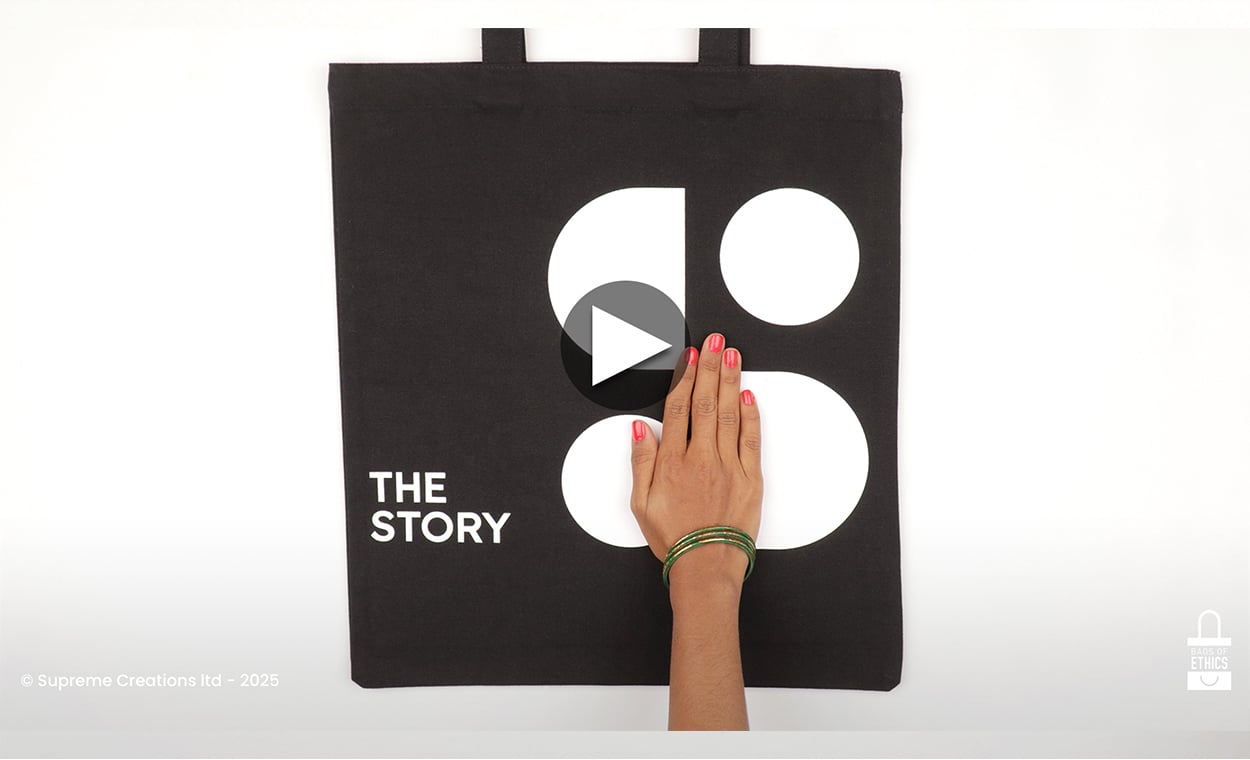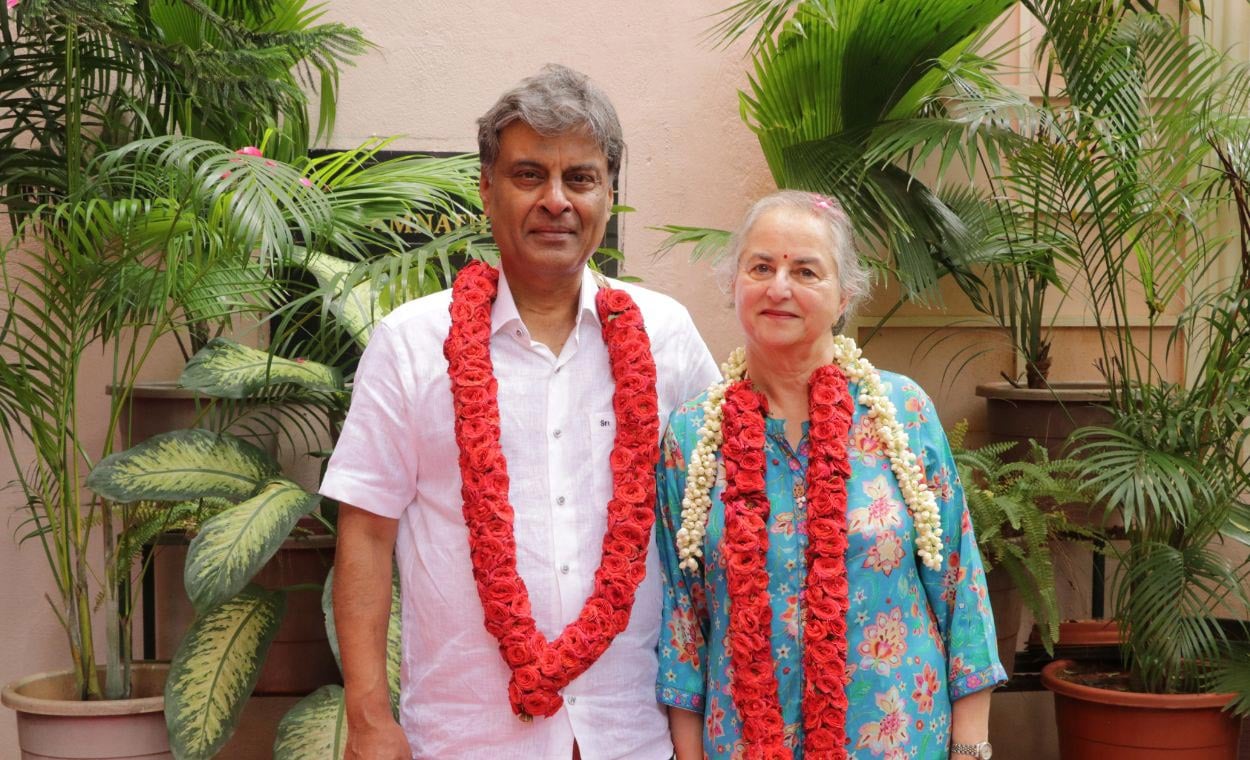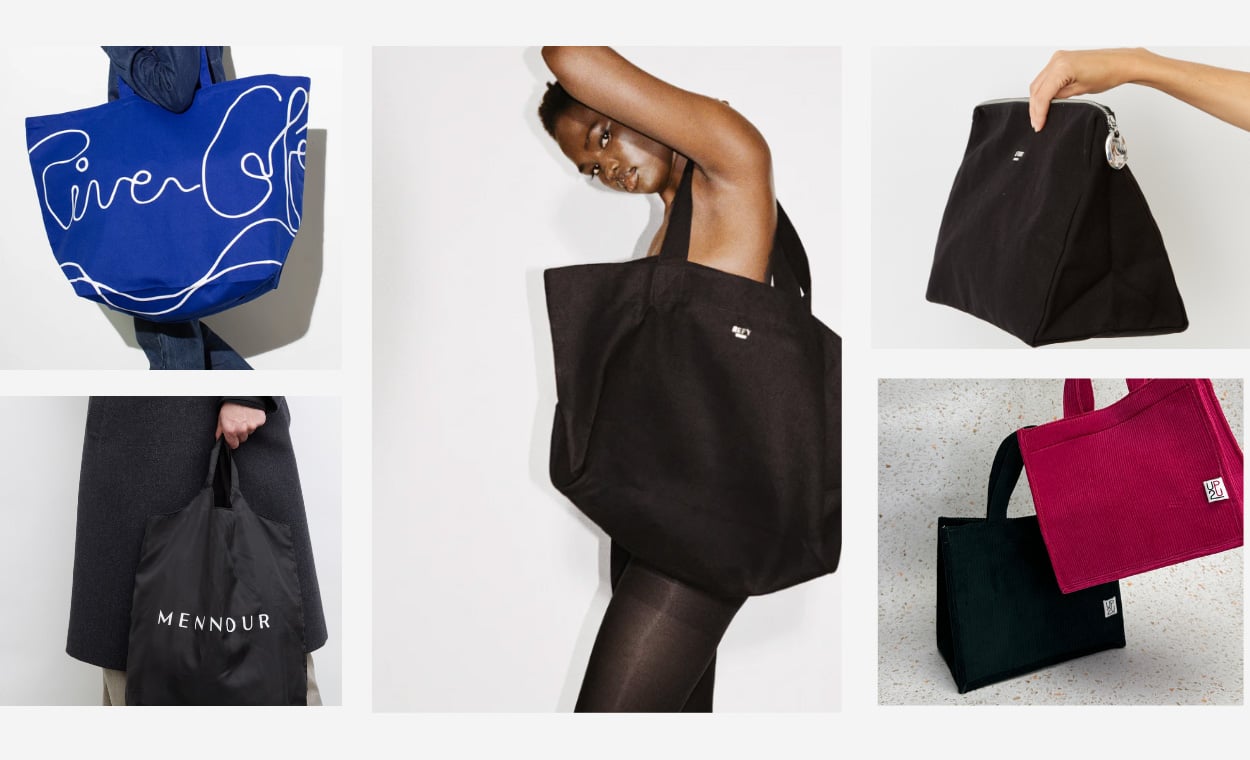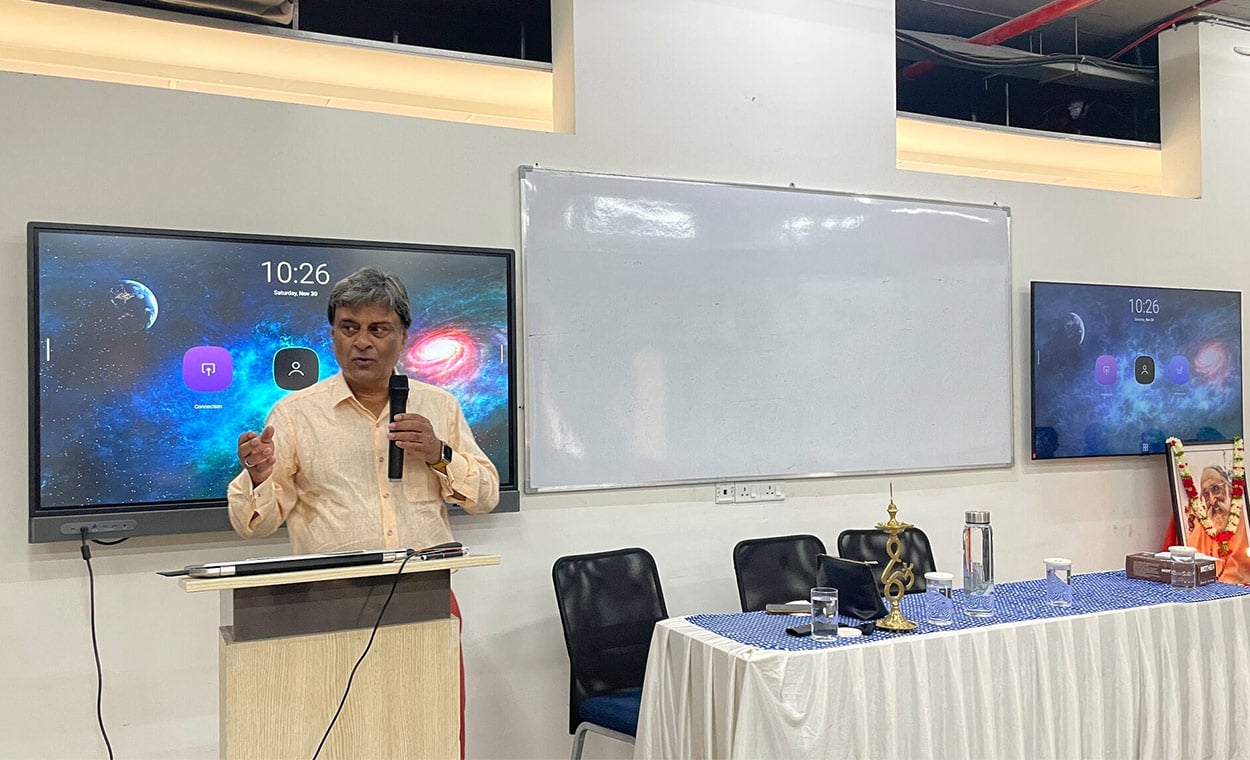Silk is a luxurious fabric that is known for its soft handle and sheer finish. However, it is often criticised by vegans and animal rights activists because of its origins.
Silk is generally produced by boiling the cocoons of the silk worm – a process that harms or kills the worm.
Genuine silk is often replaced with silk alternatives which are derived from non-renewable sources that can take centuries to degrade at the end of their use.
However, there are biodegradable alternatives to silk. We’ve selected plant-based fibres for you that are cruelty-free with a silky touch and feel. A perfect match for animal welfare and planet conscious customers.
Why banana is not the ideal fibre to replace silk
Although banana trees are cultivated for their fruits, the fibre from the leaves has been used in traditional textile production in Japan and Nepal since as early as the 13th century.
Bananas grow in 135 countries worldwide, and whilst it makes environmental sense to use the waste generated by the industry to produce fabric, it also can generate a second stream of income for banana producers.
Banana fibres can be processed by hand or by machine, and respond well to both natural and synthetic dyes.
Banana fibres are moderately sustainable for 2 reasons: banana plantations are using a lot of pesticides and chemicals as they are associated to monocropping causing the soil to become poor. Other reasons include many labour protection issues.
Cactus silk: an artisanal and rare fabric
Sabra/agave or cactus silk is derived from a subspecies of succulents that require incredibly small quantities of water and grow very well without chemical intervention. Sabra silk is typically produced by hand in Morocco and can be found in the street markets of Fez and Marrakech.
Like conventional silk, it soft and shiny. Unlike conventional silk, it is difficult to dye quickly and evenly.
Pineapple silk: a delicate and expensive option
Pineapple silk is made in the same way as banana silk – the long fibres from the plant’s leaves are dried, spun and woven into fabric.
Again, nothing new needs to be grown because it is a by-product of the fruit industry. In fact, every year around 40,000 tons of pineapple waste is generated each year and so it would be an economical use of resources to make use of some of the waste.
However, extracting the fibres is a delicate manual process that comes with a cost, hence making pineapple silk very expensive.
Lotus silk, rare and pricey
Lotus silk is made by spinning the long roots of the lotus flower. Lotus plants require very little water and flourish without the use of chemical pesticides. It is generally processed completely by hand, and therefore has little to no carbon footprint. At present, the fabric is very rare and therefore rather pricey, but its eco-credentials will no doubt cause it to surge in popularity before too long.
Cotton Sateen: the best alternative to silk
This is the ideal alternative to silk fabric as it is vegan, sustainable and biodegradable. The sateen fabric is made using mercerized cotton fibres that are woven in a satin weave. It can have organic and Fairtrade label as any cotton fabric and it can be easily dyed and printed. Soft and moderately shiny, it is used for cushion covers, curtains and bed sheets.
At Supreme Creations, we are using sateen cotton for our luxury sustainable packaging such as cotton sateen drawstring bags and gift wrapping bags. It can be used for soft and silky cushion covers too, all in a very eco-friendly way.
5 vegan silk alternatives for cruelty-free luxury

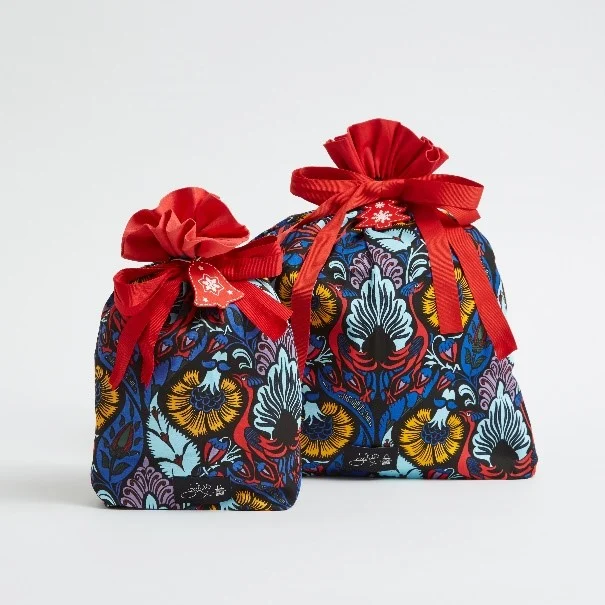








 France
France
 Germany
Germany
 Italy
Italy
 Spain
Spain
 United States
United States
 India
India
